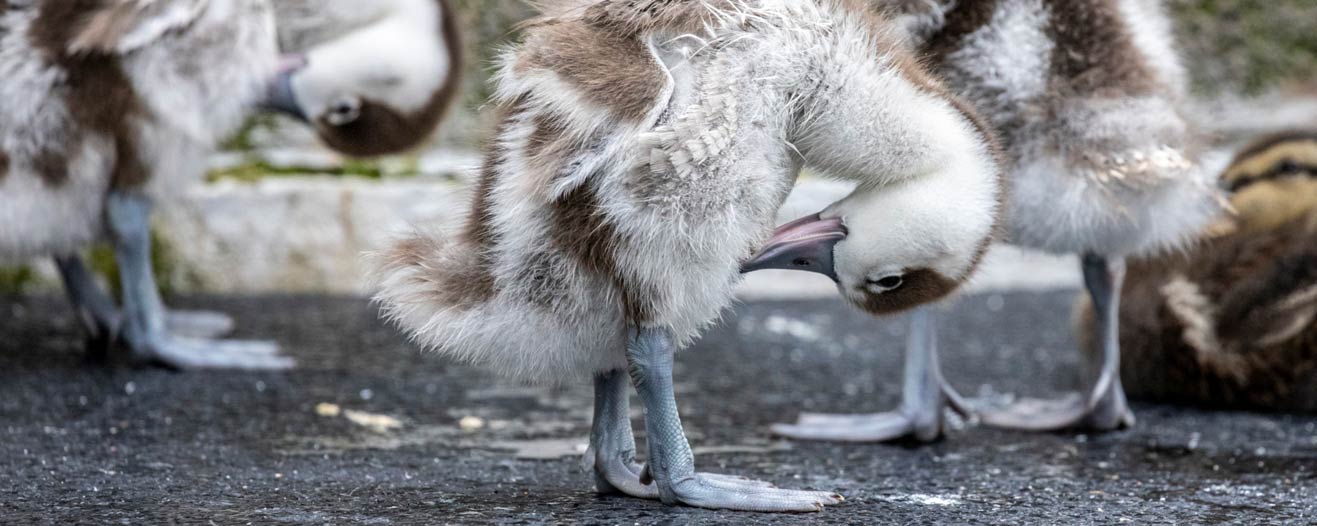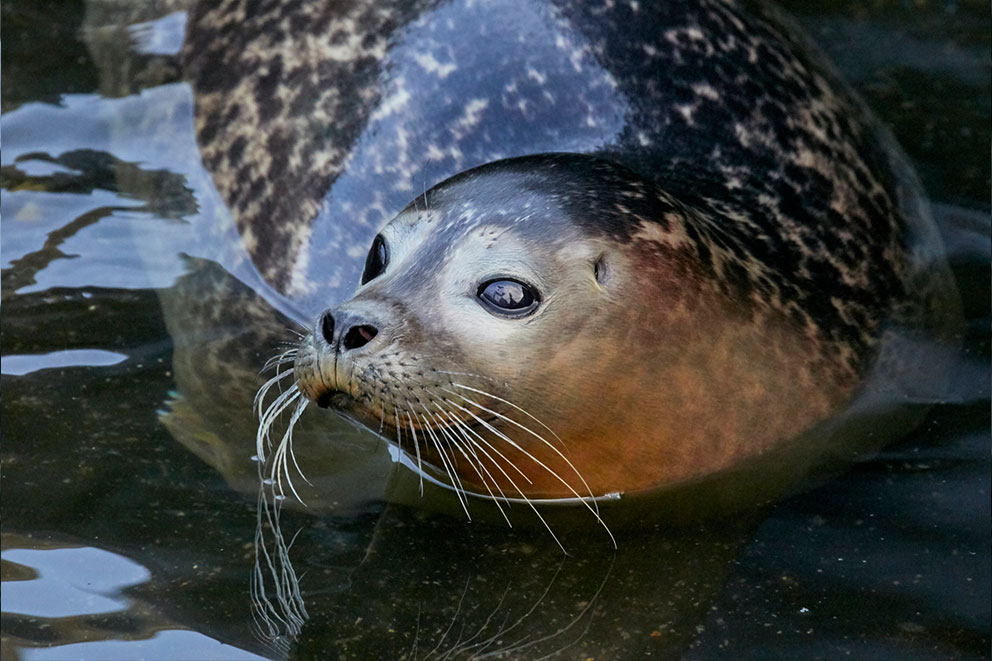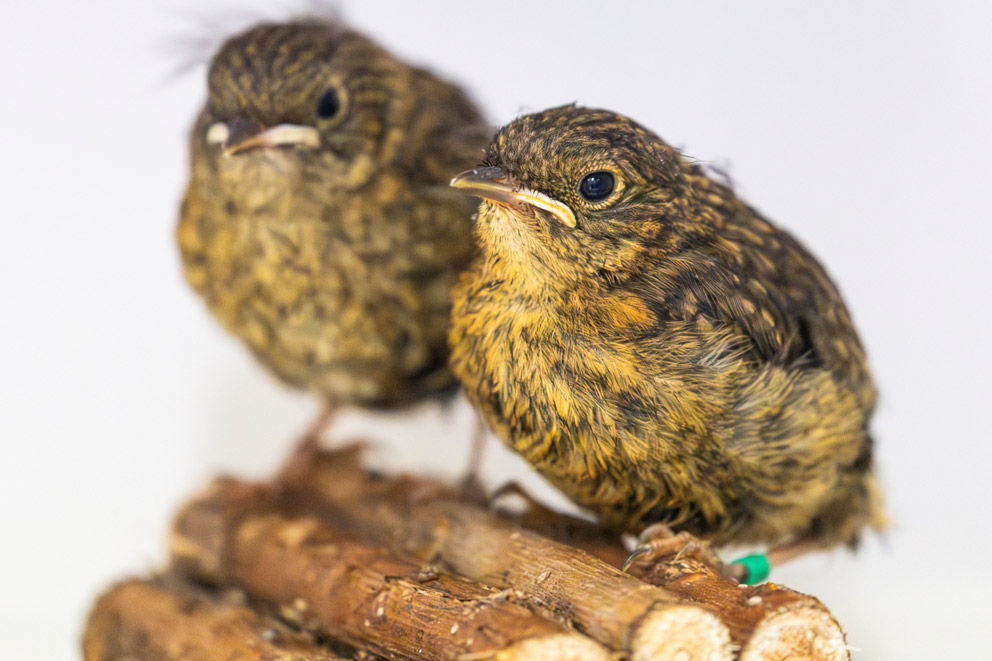- Find a Pet
- Advice and Welfare
- Ways to Give
- Get Involved
- What We Do
- Search
- My RSPCA
- Report a concern
- Gift in Wills
-
Colour modeVivid Calm
- Home
- Advice and welfare
- Wildlife
- Birds
- Baby birds
- Ducks, geese and swans
Found a baby duck, goose or swan
Baby ducks, geese and swans don't normally stray far from their parents, so the mother will usually be close to them. If the parents don't return within two hours or are found dead, contact your local wildlife rehabilitation centre for advice.

Bird flu warning
Due to the Avian Influenza Prevention Zone (AIPZ) currently in place across the UK, some baby birds can't be handled. Please follow our bird flu and baby birds advice on what to do.
Video: How to help a bird
Please enter a valid video URL.
The URL can point to any Facebook, Twitch, Vimeo or Youtube video.
If you've found ducklings in a high nest
It's not unusual to see wild ducks nesting high in trees, or on a high ledge or balcony. Ducklings are light with a fluffy down, which protects them when they leave the nest from heights like this. If the nest is directly above hard flooring like concrete, you should also pile some soft materials (e.g. straw, leaves and grass) under the nest to cushion them if they fall.
However, if the nest is higher than four metres (that's higher than the first floor of a normal house), they may need help. If it's safe, gather the ducklings in a box and take them to the ground below, releasing them as a group as the mother is likely to be nearby. If this isn't possible, call your local wildlife rehabilitation centre.
If you've found ducklings on the ground
On the ground, it's usually best to leave a family alone. The mother will know what she's doing and is best placed to care for her young. Interfering carries the risk of the mother flying away and abandoning the babies.
If the ducklings are in an enclosed area, you can provide an easy access route by placing a ramp over a fence or wall. If there's no safe route, but the area is suitable for them to stay then leave them until they are old enough to fly away. A suitable area will have some vegetation and a shallow water pool.
If the ducklings, goslings or cygnets need to be moved
If the ducklings, goslings or cygnets need to be moved to the nearest water body, the mother would need to be caught first. This can be very difficult and risks her flying off and abandoning the babies. If you think the ducklings need relocating, or the mother flies off and abandons them, contact your local wildlife rehabilitation centre and ask if they can help.



